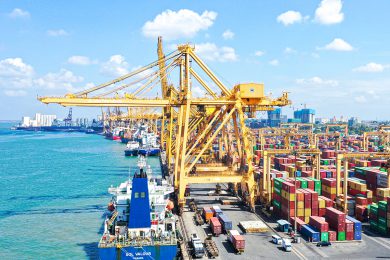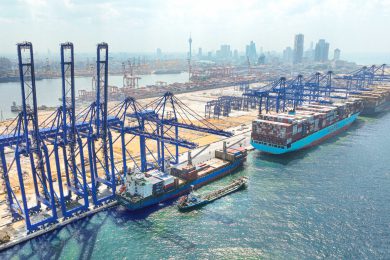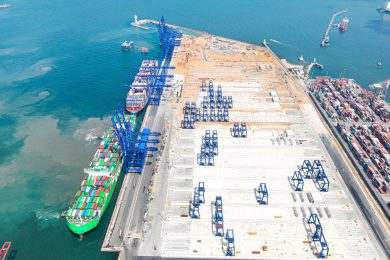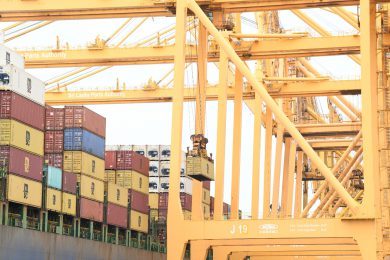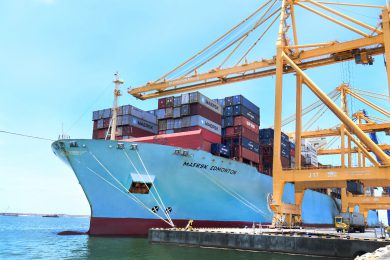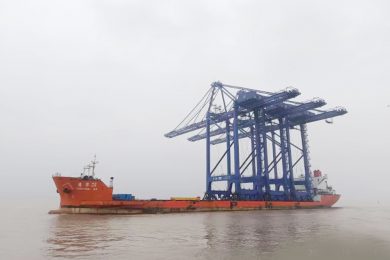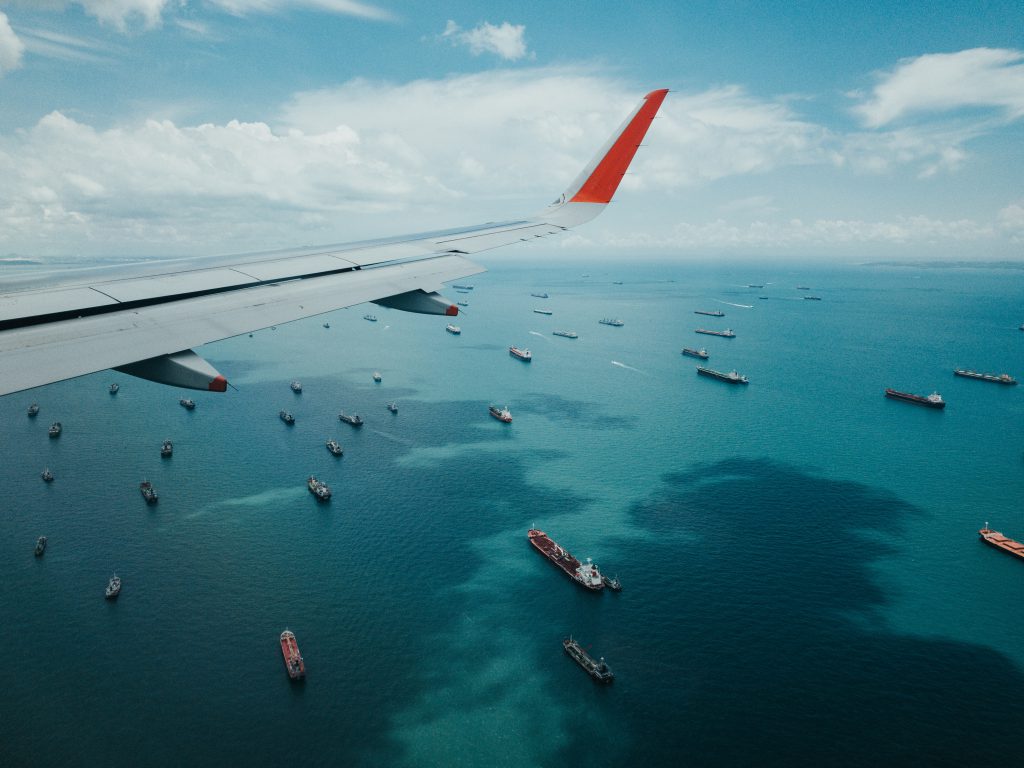Even when seaborne container trade returns to ‘normal’ after the pandemic, supply chain disruption is likely to last for up to six months.
by Paul Bartlett
Nobody yet knows when pre-pandemic liner business may resume relative normality, but there will be months of further delays before the global network returns to pre-Covid operation. This was the stark message from John Fossey, Drewry’s Senior Analyst, Container Equipment, at a webinar staged by the shipping consultancy yesterday.
Today’s logjams have slashed container productivity by 20-30% as a result of hold-ups caused by labour shortages, anti-Covid measures, port congestion and full warehouses. Some containers are now being used for additional storage space, Fossey said, and are therefore removed from the supply chain.
Although container trade rose by 6.5% in 2021, the highest level since 2009, it failed to meet Drewry’s forecast of 8% last September. And the firm’s analysts have downgraded 2022 demand forecasts from 5.2% last September to 4.6%. Rising inflation poses a significant risk.
Hold-ups and the rebound in trade boosted container demand and drove a spike in box production last year, with a record 7.2m teu produced, almost all of it in China. Two new manufacturing facilities are due on stream in Vietnam later this year, possible adding another one million of box capacity.
Meanwhile, carriers are spending some of their vast profits on new owned equipment and are expected to increase their share of the box fleet to more than 51%, reversing the marginal domination by lessors in previous years, Fossey said.
New container prices and leasing rates rose to record levels in 2021, although they are expected to ease between now and 2025, Fossey predicted. Tank container prices have demonstrated the biggest rises, increasing from just less than $13,000 in the fourth quarter of 2020 to $22,000 in the same period of 2021.
Long-term container lease returns have risen to about 10%.
Source: Seatrade
Disclaimer: The views and opinions expressed in this article are those of the authors and do not necessarily reflect the official policy or position of the publisher



